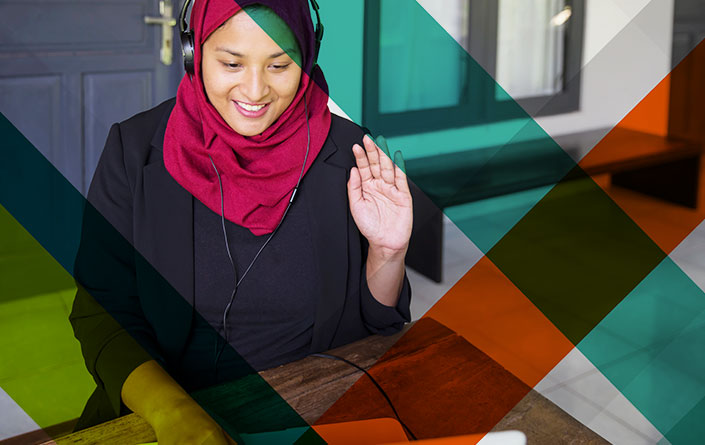C4BI—Creativity for Business Innovation
Innovation Statement
Together ESADE Business School and world-renowned chef Ferran Adrià connected the distinct disciplines of haute cuisine and management through a unique challenge-based competition that employed a systematic “creative process audit.”
Call to Action
It all began a few years ago when a strategy professor at ESADE worked on a case trying to unveil the reasons that elBulli, the iconic restaurant, decided to close to re-invent itself through reflection and research. Decodifying its own creative process as a restaurant through a multidisciplinary approach was its first endeavor. Then they worked with ESADE to create a new management tool: Creative Process Audit. Building on lessons learned from elBulli, this tool audits creative processes in organizations to unleash their ability to innovate more efficiently.
, where teams understand the “genome” of creativity, and goes all the way to a business setting, as they apply the “creative process audit” to an actual organization.elBullifoundationBy putting students to work at the intersection of two disciplines, haute cuisine and management, ESADE and Adrià connect distant languages through a common thread: systematized creativity as a trigger for innovation. The students’ learning journey starts at
The next step was to bring this initiation on campus by proposing an active-learning task where students can understand creativity and innovation. The rationale behind it is manyfold. First, students learn the difference between creativity and innovation and the role that a systematized approach and discipline play in the latter. Second, they learn about a new management tool and its application to an actual organization. Third, students learn to create teams based not on age, program, or “demographics” but on motivation. Last but not least, the tool offers a challenge-based context in which collaboration and competition go hand-in-hand.
Description
The C4BI is a challenge-based learning initiative: students across campus, in teams of four, engage in an eight-week competition, based on the application of the "creative process" tool to an actual organization.
with a master class by Ferran Adrià and the client organization. Throughout the final stage, teams enrolled in a number of personalized tutorials with ESADE professors. elBulliLabMore than 300 students took part in the first edition of C4BI in 2015–16. In the first stage of the C4BI, teams analyzed the "Ferran Adrià and El Bulli's Transformation" case and produced a one-minute video about their key learnings. A number of teams made it to the final stage where they applied the creative process audit tool to an actual organization (Roca, the global bathroom company, in 2015, and the Barcelona Children's hospital in 2016). During this stage, they visited
Teams obtained a creative profile of the company, wrote a strategic report on how the company could improve its creative process in order to make innovation more efficient, and produced a two-minute video about the relevance of creative process auditing. They presented the report and video to a jury composed of Ferran Adrià, a senior manager at the client organization, and the ESADE Business School dean. Professor Marcel Planellas and Ivan Bofarull supported the jury in their decision by providing an assessment tool. The whole learning process was documented.
Impact
The initiative impacts and benefits students in different and complementary ways. It fosters their ability to work at the intersection of disciplines, stimulating creative and integrative thinking by connecting separate realms through constant analogies. They learn about a new management tool that complements other classic management and innovation tools. They also learn to demystify innovation—the role that systematization plays in innovation is highlighted throughout the process.
The challenge fosters teamwork and collaboration across campus, as teams can be represented by students from different programs. They learn presentation skills and develop capacity to deliver under pressure. It also fosters student self-awareness of intrinsic motivations—they enroll in the challenge without earning credits or winning a significant prize.
At an institutional level, this initiative reinforces collaboration across campus and helps to break silos. Last but not least, this initiative redefines a learning experience altogether. With the eruption of digital and exponential technologies, information and knowledge have become abundant resources, increasingly accessible anytime, anywhere. This has implications on the kind of interaction that students find valuable and on the multiple new facets faculty have to develop. This initiative allows students to interact with actual organizations and a world-class creativity research lab, and faculty play a mentoring role to stimulate them throughout the entire learning journey.
Also, the outcomes obtained at the end of each challenge have an impact on how actual organizations design their creative processes through engagement across two disciplines: haute cuisine and management.
Related Links
- Video: C4BI Summary (2015)






